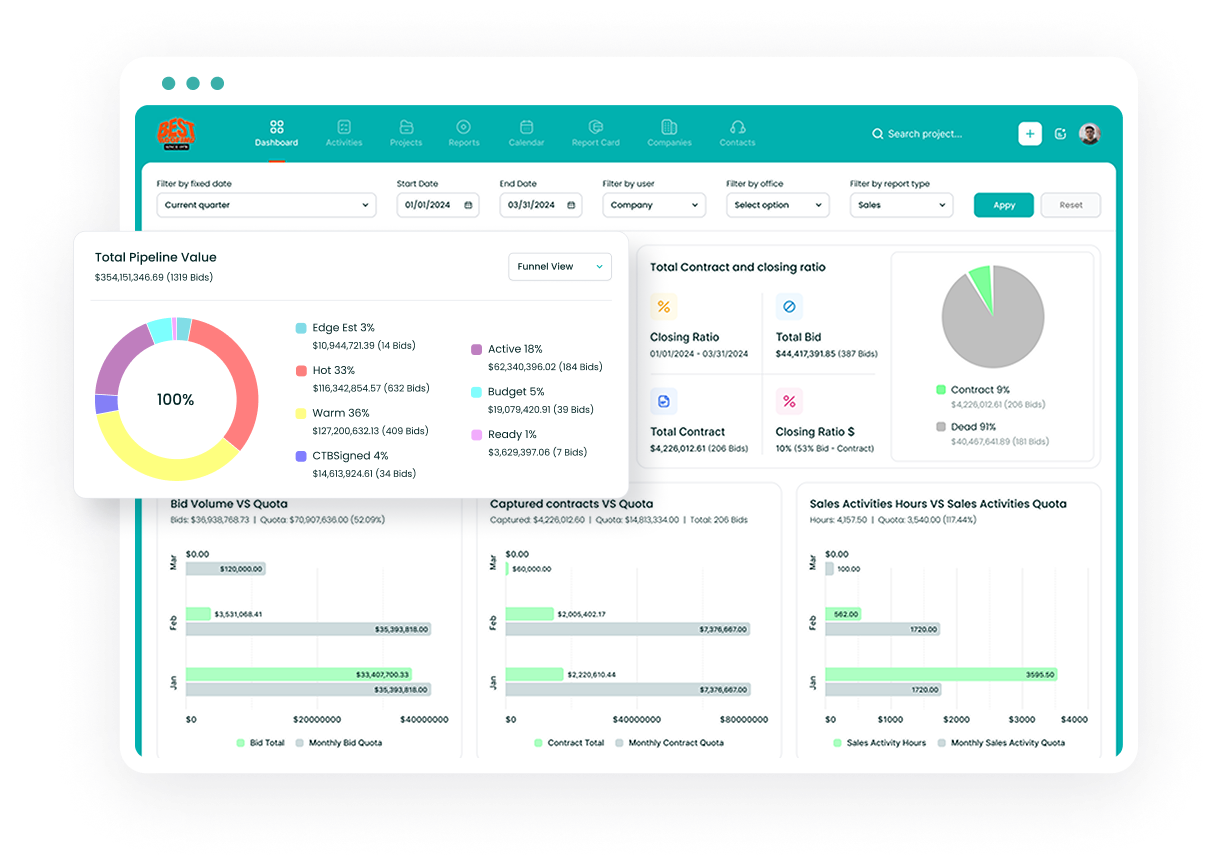Core Platform Architecture
Sage 100 ERP operates as a comprehensive business management solution designed specifically for small to medium-sized businesses, with particular strength in manufacturing, distribution, and professional services. The platform offers both on-premises deployment and cloud hosting options through Microsoft Azure, though it was originally built for on-premises use.
Modular Structure Sage 100 employs a modular approach, allowing businesses to select and implement specific functionalities based on their needs. The system includes core modules for:
- Financial Management • Inventory Control • Manufacturing • Distribution • Customer Relationship Management
Industry-Specific Functionality
Sage 100 Manufacturing Capabilities
Sage 100 excels in manufacturing environments with specialized features including:
- Bill of Materials • Work Orders • Material Requirements Planning • Inventory Management • Purchase Order Management
Distribution and Retail Features
The platform offers robust distribution capabilities including:
- Sales Order Management • Purchase Order Management • Return Merchandise Authorization (RMA) • Basic Inventory Control
Scalability and Performance
Sage 100 demonstrates strong scalability characteristics, particularly suitable for growing businesses. The system can effectively support:
- Hundreds of concurrent users • Multiple warehouses • Complex inventory management • Extensive financial reporting requirements
User Interface and Accessibility
The interface design varies significantly between the platforms:
Sage 100 Interface
- Traditional Windows-style interface • Customizable user settings • Adjustable application scaling for different screen resolutions • Configurable form codes by role or user
Financial Management
Sage 100 Financial Capabilities
The financial management features in Sage 100 include:
- General Ledger • Accounts Payable • Accounts Receivable • Bank Reconciliation • Fixed Asset Management
Pricing Structure
Sage 100 Pricing Model
Sage 100 employs a concurrent user licensing model, which means:
- Charges are based on the number of simultaneous users • Additional costs for specific modules • Separate pricing for cloud hosting if required
Implementation and Support
Sage 100 Implementation
The implementation process for Sage 100 typically includes:
- Initial setup and configuration • Data migration from existing systems • User training • System customization • Integration with existing business applications
Integration Capabilities
Sage 100 Integrations
Sage 100 offers extensive integration capabilities:
- Rich ecosystem of third-party applications • E-commerce platform integration • Warehouse management systems • CRM solutions • Custom API connections
Reporting and Analytics
Sage 100 Reporting Features
The reporting capabilities in Sage 100 include:
- Standard financial reports • Custom report writer • Business intelligence tools • Real-time dashboards • Excel integration for advanced analysis
Security Features
Sage 100 Security
Security measures in Sage 100 encompass:
- Role-based access control • User-level permissions • Audit trails • Data encryption • Secure cloud hosting options
Mobile Accessibility
Sage 100 Mobile Features
While Sage 100 offers mobile access, it comes with certain limitations:
- Web-based access through cloud deployment • Limited mobile-optimized interfaces • Basic functionality on mobile devices
Industry Compliance
Sage 100 Compliance Features
Sage 100 maintains compliance with various industry standards:
- GAAP compliance • Tax reporting requirements • Industry-specific regulations • Audit trail capabilities
Customer Support
Sage 100 Support Options
Support services for Sage 100 include:
- Technical support • Online knowledge base • User community • Partner network • Training resources
Customization Options
Sage 100 Customization
The system offers various customization possibilities:
- Custom fields • Screen customization • Report modification • Workflow automation • Integration options
Total Cost of Ownership
When evaluating total cost of ownership, consider:
Sage 100 Costs
- Initial licensing fees • Implementation costs • Training expenses • Ongoing maintenance • Support services • Customization costs
Migration Considerations
When considering migration to either platform:
Sage 100 Migration
- Data conversion requirements • Business process mapping • User training needs • Integration requirements • Timeline planning
Future-Proofing Your Investment
Sage 100 Development
Sage continues to enhance their platform with:
- Regular updates • New feature releases • Technology improvements • Industry-specific enhancements • Cloud capabilities
Making the Final Decision
When choosing between these platforms, consider:
- Current business requirements • Growth projections • Industry-specific needs • Technical capabilities • Budget constraints • Implementation timeline
Conclusion
Sage 100 ERP presents a robust solution for small to medium-sized businesses, particularly those in manufacturing and distribution. It offers comprehensive functionality, strong financial management capabilities, and a proven track record in the industry. The platform's modular approach allows for scalability and customization, though its mobile capabilities may be limited compared to newer cloud-native solutions.
The choice between these platforms should ultimately align with your organization's specific needs, growth trajectory, and technical requirements. Consider factors such as industry focus, user count, implementation complexity, and total cost of ownership when making your final decision.
Citations: [1] https://www.cyberlinkasp.com/insights/sage-50-vs-sage-100-vs-sage-300/ [2] https://4acc.com/article/sage-100-vs-odoo/ [3] https://www.youtube.com/watch?v=A7jsIMR0fSg [4] https://www.acumatica.com/blog/acumatica-versus-sage-100-choose-the-true-cloud-erp/ [5] https://www.trustradius.com/compare-products/sage-100-vs-sage-100-contractor [6] https://www.netatwork.com/financials-face-off-sage-100-erp-vs-cloud-erp-solution/ [7] https://www.sage.com/en-us/products/sage-100/ [8] https://www.rklesolutions.com/sage-100-erp

